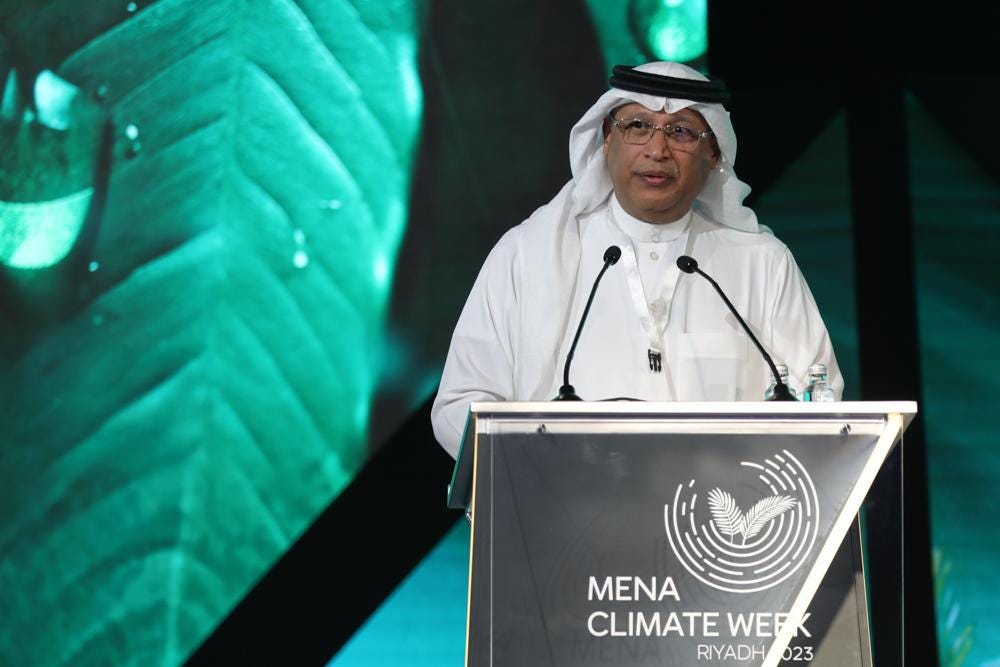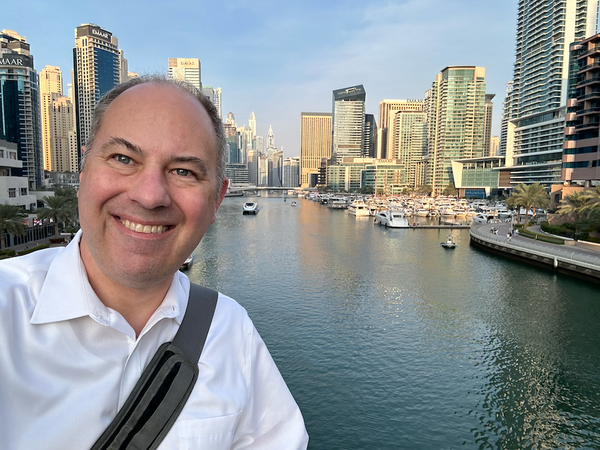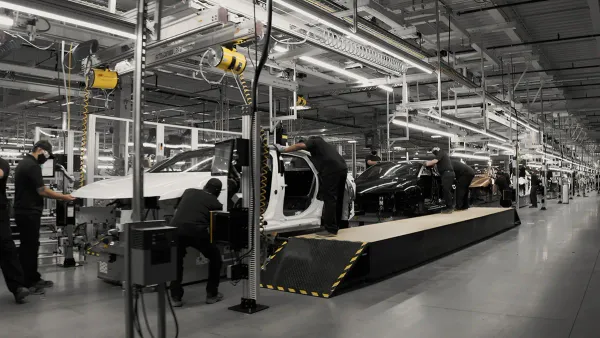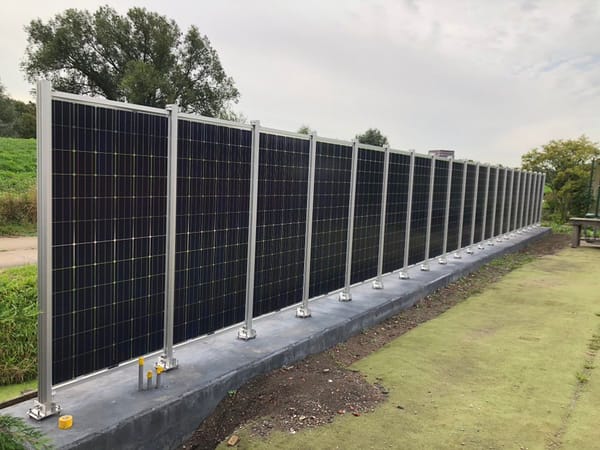Developing countries on climate: It’s the debt relief, stupid.
Good afternoon!
This week, on one end of the Arab world Riyadh hosted a climate meeting, while at the other end Marrakech hosted finance ministers. But it turns out they were both talking about the same thing. That’s what I get into today.
I’ve got my media credentials, flight, and lodging set up. If you haven’t already, please consider supporting my Kickstarter to go to Dubai for the U.N.’s two week global climate negotiations meeting. While there I’ll produce daily reports (here!) on the meetings, include interviews with attendees, and lots of photos and video. I’m looking to produce a new kind of coverage of the negotiations, one that focuses on the realpolitik.
And to those who’ve already signed up, thank you for your tremendous support!
-Mike

For decades the debate among climate negotiators was: How soon will it warm to irreversible levels? and, How fast should we be cutting emissions? We’re well past that now, as September’s global temperatures showed we reached 1.8C above pre-industrial levels. In addition, last month’s Global Stocktake synthesis report showed the world’s current plans for emissions cuts put us nowhere near staying below 1.5C.
So, the clear answer to the two questions is now: We’re a few short years to irreversible warming and we need to cut emissions as fast as humanly possible. All the red lights are flashing.
The trouble with “as fast as humanly possible” is that it costs a ton of money, and now that climate negotiations are getting down to the brass tacks of how to do that, developing countries are reminding us that they’re pretty much broke. Earlier this week, a group of African leaders led by Kenyan President William Ruto wrote in the New York Times, “In Africa, we can’t fix the climate issue unless we fix the debt issue.”
Meanwhile, while climate advocates were meeting in Riyadh this week for the Middle East and North Africa Climate Week, the World Bank snd International Monetary Fund held their annual meeting in Marrakech, Morocco where the IMF announced that ten African countries were either in emergency debt restructuring or close to it. That’s banker talk for, “We’re going to have to forgive some debts and never expect to get paid back.”
The world’s inflationary economy is crushing debt-laden countries, with African debt service rising to $50 billion this year. That’s an eye popping number for developing countries considering that Nigeria, the second largest Sub Saharan African economy, has an annual government budget of about $40 billion for its 231 million people. Most African countries would be lucky to have $15 billion annual budgets. This year, the United States government will spend $5.5 trillion.
Last month’s African Climate Week concluded with a joint statement by attending countries calling for debt relief and freer markets. It was a diplomatic cri de coeur that developing countries would love to help solve the climate problem, but they have some more immediately pressing problems.
It’s not as if this is a new idea. At last year’s COP27, the global climate meeting in held in Egypt, the G-77, a coalition of 135 developing countries and China (there’s counting problem there, I know) tried repeatedly to get a development and debt relief package, the Bridgetown Initiative, onto the agenda, but it was blocked by the U.S. and other top polluters. Shunted to the side again at June’s staff-level U.N. climate meeting in Bonn, it was finally showcased internationally at a Climate Finance meeting convened in Paris by French President Emmanuel Macron and the Initiative’s author, Barbados Prime Minister Mia Mottley.
Over the last year leaders of the developing world have run a smart, well-coordinated plan. When someone says “climate change”, they’ve immediately followed up with “debt relief”. In Paris last June. In New York last month, In Kenya last month, and in Marrakech this week.
To borrow from American political consultant James Carville, “It’s the debt relief, stupid.”
With this kind of masterful diplomatic drumbeat, you might be tempted to think that linking debt relief to climate action is just around the corner, but then we’re brought back to Earth by the conclusion of Riyadh’s MENA Climate Week. That meeting, despite the attendance of dozens of developing countries, was on diplomatic lockdown by the region’s major oil producers. Unlike the African conference, the MENA conference concluded with no joint statement by attending countries. Instead, Saudi Arabia trumpeted its plans to plant trees, build carbon sequestration factories that can pump CO2 down old oil wells, and to develop hydrogen factories – a new age fuel that’s easily created with natural gas as a feedstock, yet more carbon emissions.
Riyadh’s conclusion was a shuffling of the chairs on the deck of the Titanic, which makes a ton of sense for oil producing nations, since in their minds the disaster of climate change seems small compared to the disaster their economies would become without oil and natural gas.
At last, fixing the world’s climate has become baldly about money. For a long time it was cast as a moral issue, which is great in a philosophy class, but does little to move world leaders. Today, developing nations are brushing aside morality and talking about cash on the barrel: “You get us money and we’ll do your climate stuff,” is what they’re saying in pretty bald terms.
This week the World Bank responded in Marrakech with a major policy change, to not only “end poverty” but to do it “on a livable planet”. The Bank’s new president Ajay Banga, also announced new money for lending, and an effort to get developing countries to shift spending from subsidizing fossil fuels to green energy projects.
As I tried to tackle a few weeks ago, the total bill for fixing climate is staggering: As much as $6.9 trillion annually. Thankfully most of that would come as private sector investments that would bear a return, but about $2 trillion will be sunk costs expended by wealthy governments – that means taxes paid by you and me – to help pay for the debt restructuring and development of Sub Saharan Africa and other developing regions.
The Dubai climate negotiations start November 30, six weeks from now. While the agenda may be about climate, increasingly, it seems like the real issue is: Who’s going to pay the bills?
You made it to the bottom of the email! Here’s a pretty cool comic explainer of deforestation’s impacts.





